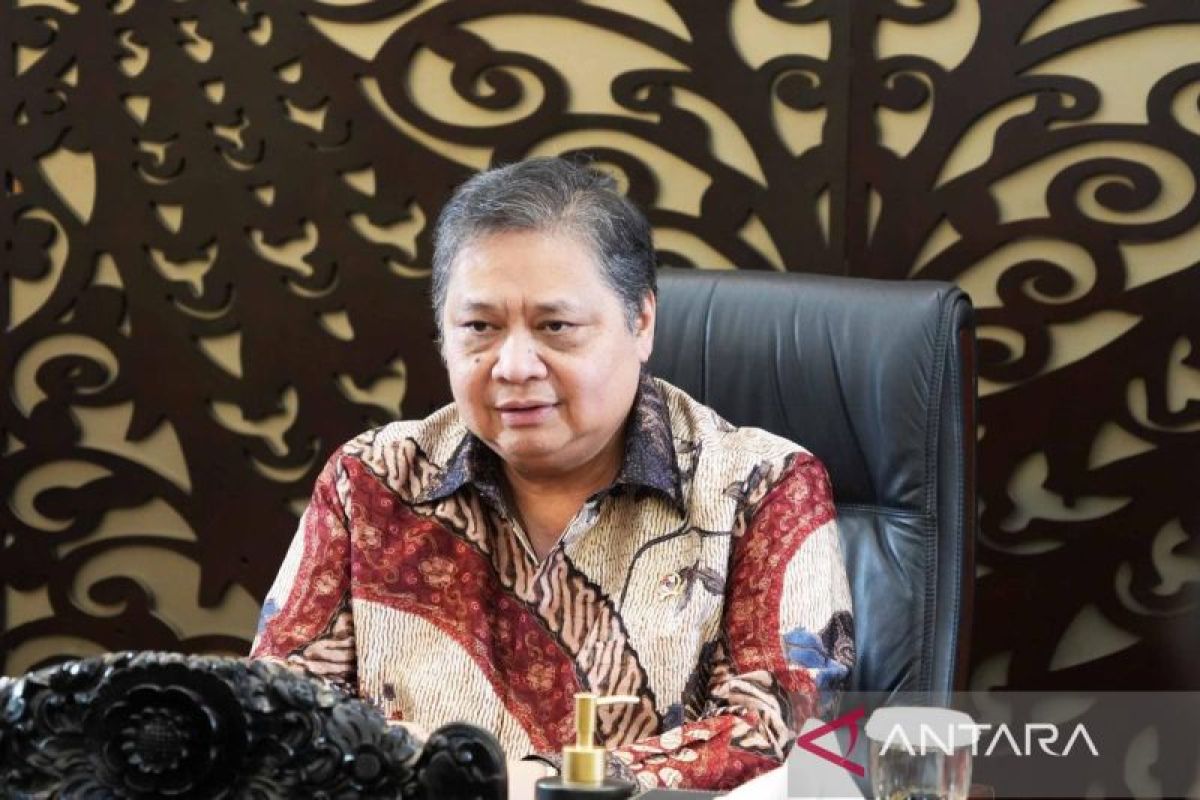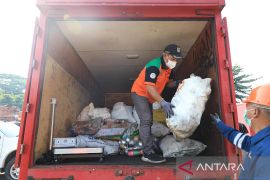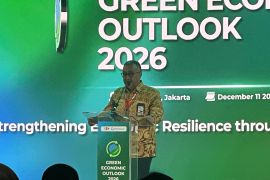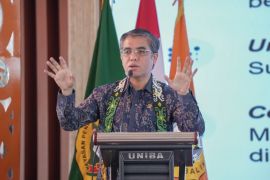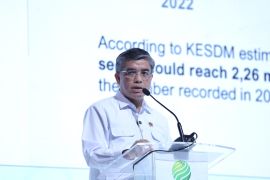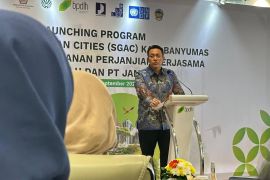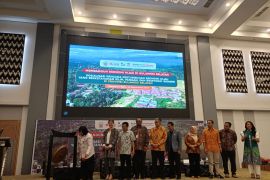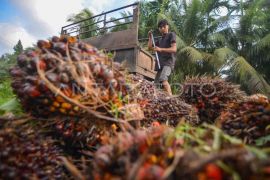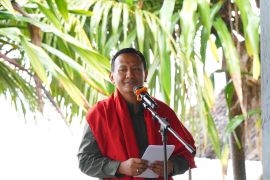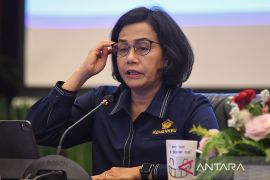Speaking virtually at the Green Economy Expo 2024 on Wednesday, Hartarto stressed that the green economy is vital not only for achieving economic growth targets, but also pulling Indonesia out of the middle-income trap.
To translate the promising projection into reality, the country needs to take two crucial steps, with the first being implementing the energy transition in economic activities, he said.
To that end, the minister suggested that Indonesia pursue the promotion and utilization of renewable energy resources, such as sun, heat, wind, water, and biomass, on a larger scale.
He said that the energy transition will also require the reduction of emissions generated by coal-fired power plants, the implementation of carbon capture storage, and the creation of a suitable ecosystem that allows electric vehicles to flourish and ditch the reliance on fossil-based fuels.
Hartarto then pointed to the fact that 152 companies in Indonesia have obtained green industry certification, which will allow the country to save Rp3.2 trillion (US$192 million) per year in the energy sector.
Related news: Nusantara Sustainability Hub could be green economy R&D center: Jokowi
Outlining the second crucial step, the minister emphasized the importance of Indonesia creating new centers of economic growth by developing the bioeconomy, blue economy, and waste processing industry.
The government has so far established 22 special economic zones that are expected to adopt the principles of green and circular economies.
He further said that micro, small, and medium enterprises (MSMEs) can play a significant role in this cause.
“MSMEs can emerge as the focal actors in the transition to the circular economy, especially those offering reparation services, collecting used electronic devices, and recycling waste,” he said.
He also lauded the launch of the Road Map and Action Plan on Circular Economy as well as the Road Map for Food Loss and Waste.
“These two documents will serve as the main instruments for Indonesia’s green and sustainable economy in the future and benefit the people and nature,” he added.
Related news: Indonesia can build green economy through decarbonization: KSP Chief
Translator: Bayu S, Tegar Nurfitra
Editor: Yuni Arisandy Sinaga
Copyright © ANTARA 2024
